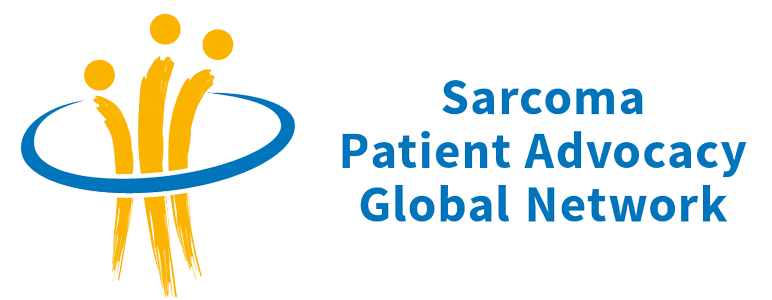Research Bone
All currently available drug therapies in bone sarcoma have been tested in clinical studies in 

For patients with bone sarcoma, participation in studies may be an important means of accessing alternative or even new treatment options. However, studies are also important in a "one for all" sense: Only when individuals participate in these studies can questions be answered for future bone cancer patients.
A few facts to consider:
- Patients who participate in clinical studies have the advantage of getting access to new therapy options.
- Every study has advantages and risks as well as criteria for eligibility and non-eligibility. Thorough examination and explanations are crucial before being able to participate.
- Most clinical studies are set up to test a new kind of medication against a standard therapy in order to gain insight into the possible benefits of the new therapy.
When considering entering a study, the following information must be made available to you:
- Basic information about "clinical studies" in general
- A rationale for the study explaining why the study investigators believe that patient benefit will come from answering the question it is researching
- The details of the study treatment(s), whether the trial involves randomizing participants and whether or not a placebo is involved
- All required check-ups and clinic visits, including any tests which the study may require
- The side effects and other risks the study investigators anticipate patients may face together with treatment options and protocol for dosage reduction if relevant
- The eligibility and non-eligibility criteria of the study
- The anticipated outcome of the study together with patient study endpoints
- Standard therapy alternatives/options to the planned study
- Current information about your disease (reports, medical imaging)
- Possible consequences (health, psychological, organizational, financial, etc.), which may affect you (especially important when participating in studies abroad)
- Comprehensive answers to all your questions from the local study investigator or the person conducting it (the Chief Investigator)
You should be told who is legally responsible for the study (study sponsor) and who is running the study where you will be treated (institution and local investigator names). You will be required to sign a consent form to enter the study but you will be advised that you have certain rights in international law (Helsinki Convention). Among them is that you may leave the study at any time without giving notice or reason for leaving and that you have the right to be considered for appropriate/standard therapy should you do so.
Important: Not all doctors who treat bone cancer are aware of every single study currently conducted. Usually, these studies only take place in a few selected expert centres for sarcomas and/or bone cancer. Therefore, please consult your national patient group or sarcoma/bone cancer expert centre to find out which studies might be available.
